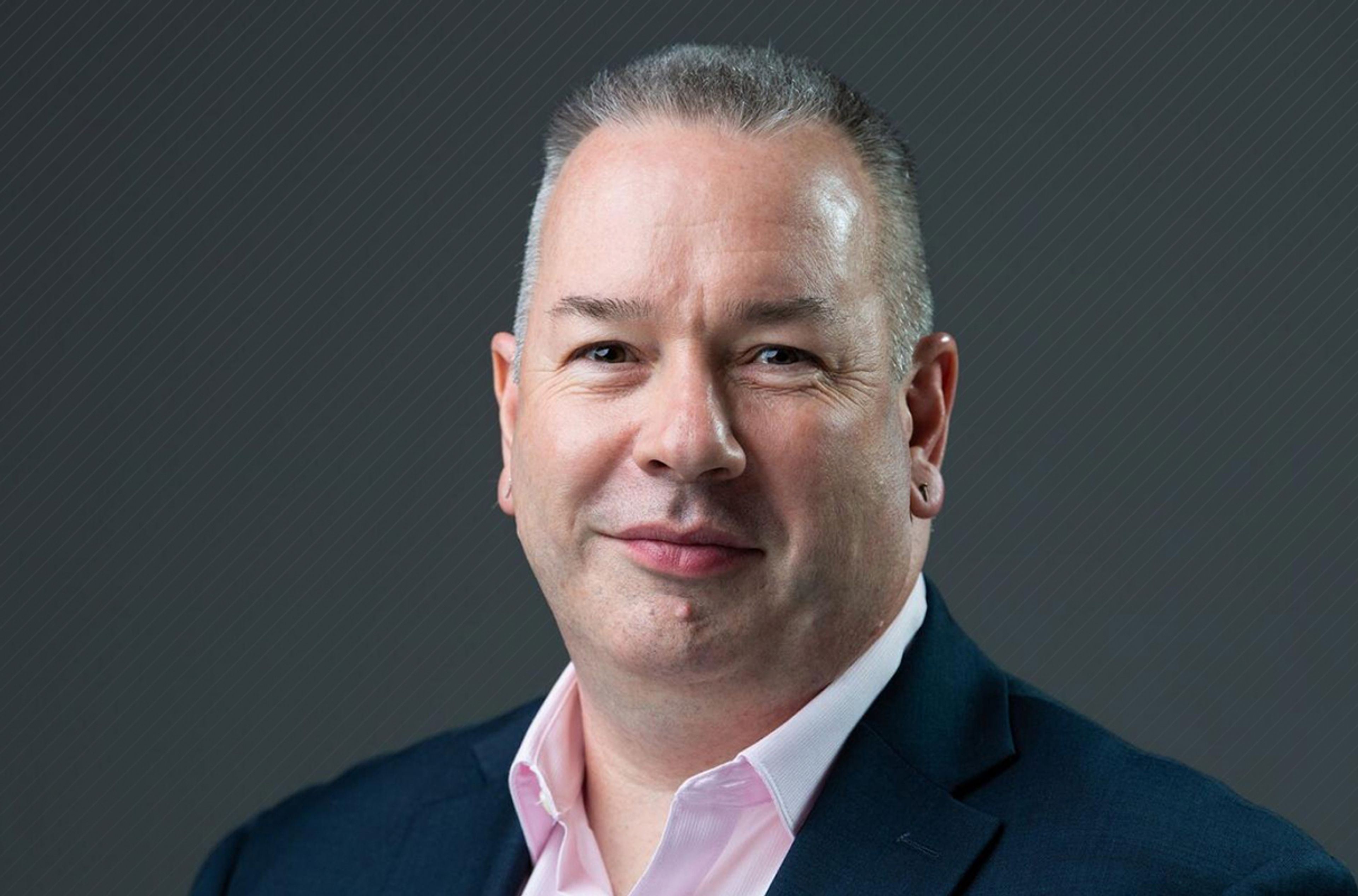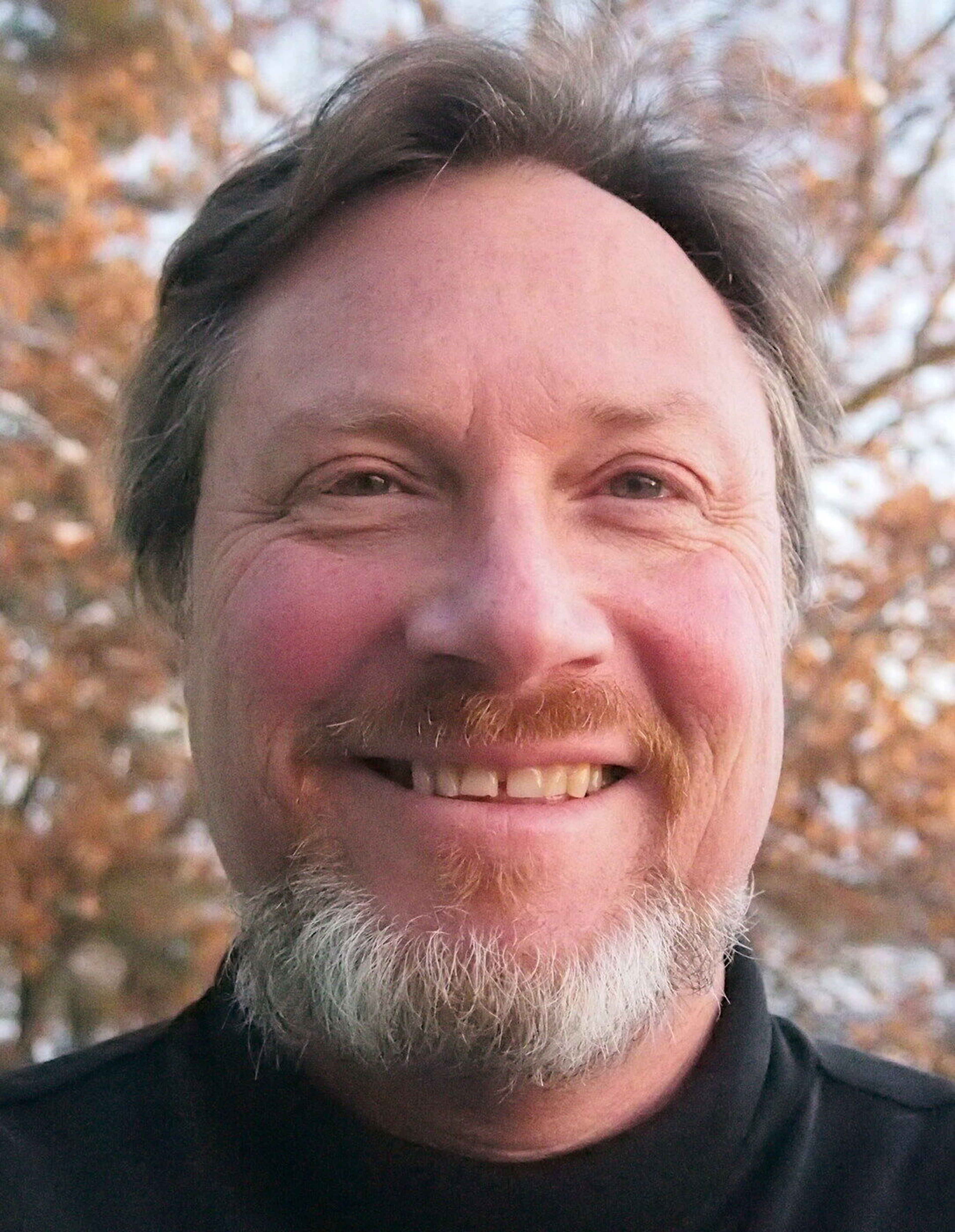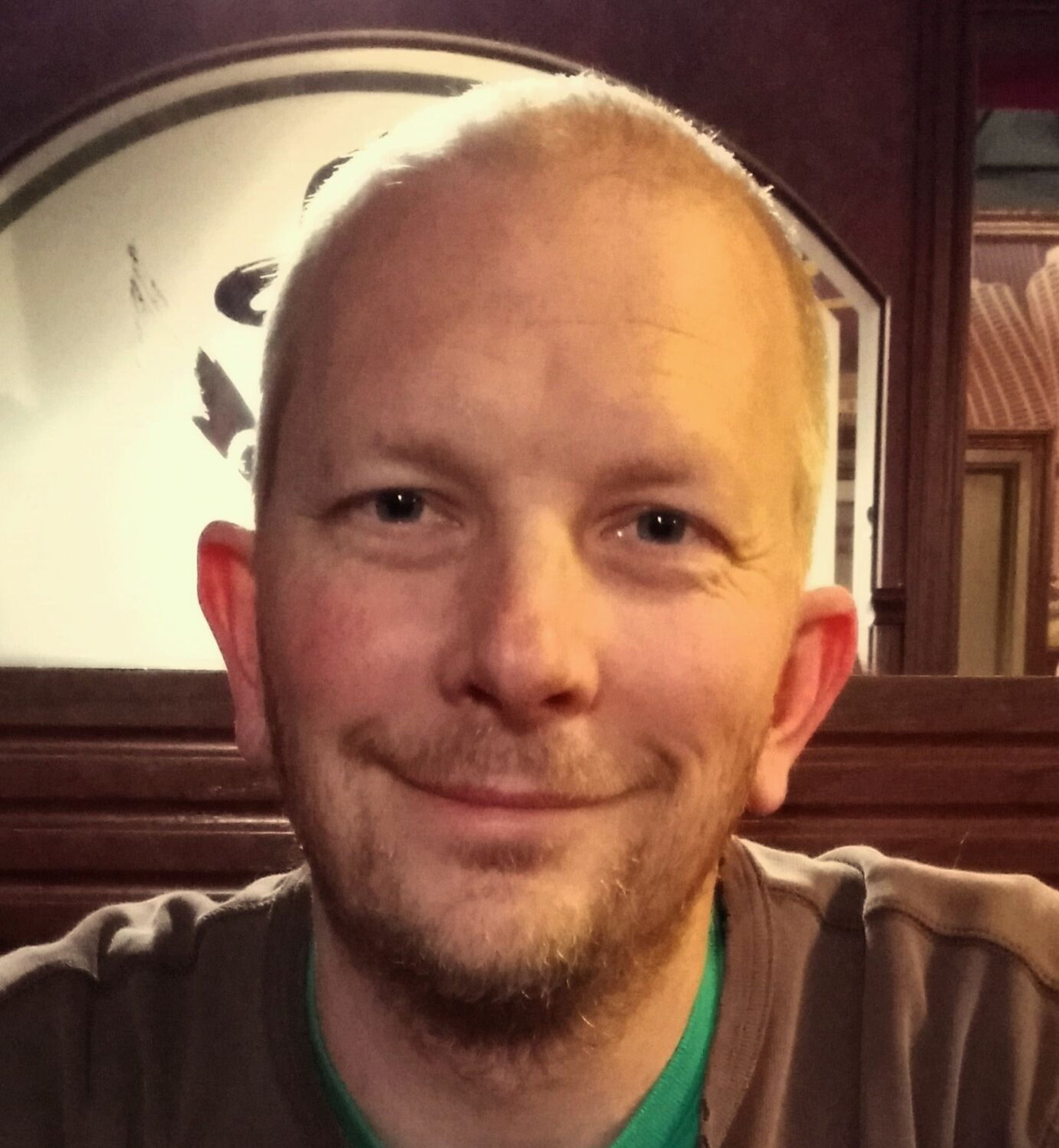WSU receives millions for clean energy project
School’s Tri-Cities Institute for Northwest Energy Futures to get $7.7 million in state funding
Washington State University’s Tri-Cities Institute for Northwest Energy Futures will receive millions in state funding to support its clean energy project.
The Washington state House and Senate approved Gov. Jay Inslee’s funding proposal over the weekend. The proposal includes $7.7 million for the 2023-2025 biennium to build a new facility to house the operation and hire researchers and staff, according to a news release. The legislation needs only the governor’s signature before it’s enacted.
The institute was launched last year as a new way to approach energy assets from across the WSU system. Its goal was to serve as a broker to identify problems in its energy landscape, according to the release.
Parts of the funding will be used to hire eight scientists and engineers. Five, including the director, will be located at WSU Tri-Cities’ campus and three will be at the Pullman campus, according to the release. The institute recently hired Jonathan Male to serve as the interim director. Male is the assistant vice chancellor for WSU Research, and is the director of the Office of National Laboratory Partnerships in the Office of Research.
At the facility, researchers will use disciplines including engineering, earth sciences, economics and business to answer questions about energy, as well as determine how clean energy technologies work together, assess impacts of new technologies and address social consequences of new interventions. They will use their findings to develop policies, programs and projects to become more sustainable.
The institute is one of three WSU joint research institutes working to address global energy challenges. WSU Tri-Cities campus houses the Bioproducts Institute, the Nuclear Science and Technology Institute, the Advanced Grid Institute and the Institute for Northwest Energy Futures.
“This is great news, not just for WSU Tri-Cities, but for WSU as a whole, our region, state and the nation,” Sandra Haynes, chancellor at WSU Tri-Cities, said in the release. “With this funding, INEF will accelerate the journey toward a clean energy future by bridging the gap between science and implementation through a systems approach to researching and analyzing clean energy transition plans including ensuring that we relieve the energy burden for underrepresented groups.”
Pearce can be reached at epearce@dnews.com








